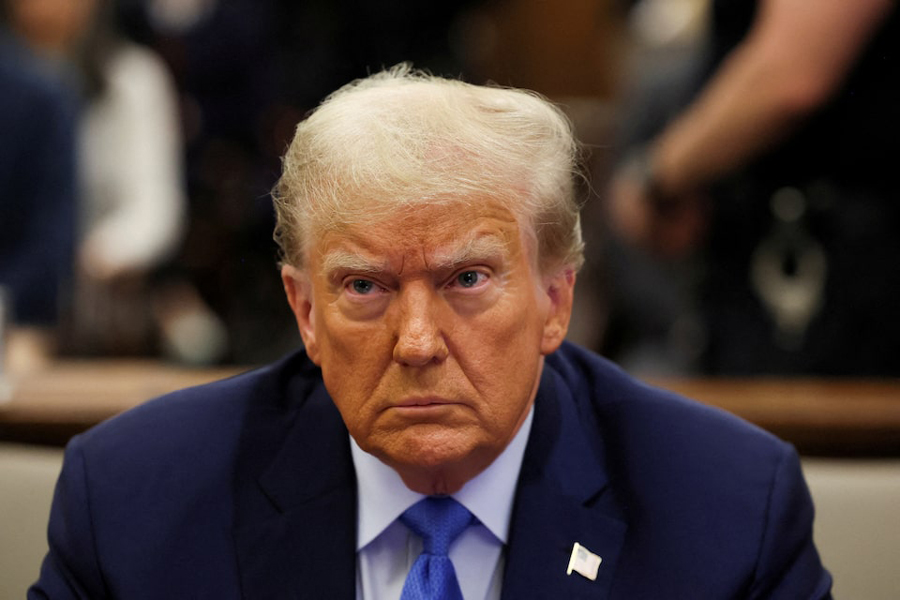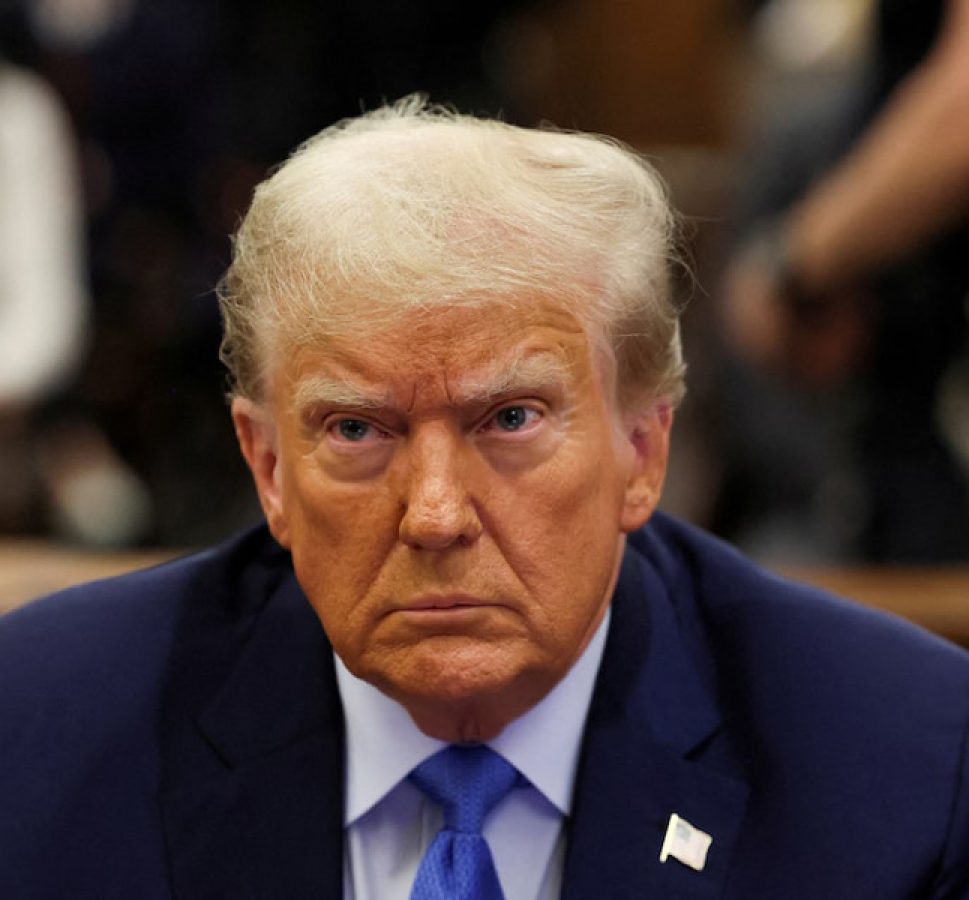
Former United States president was in February found liable for misrepresenting his net worth by as much as $2bn.
Former United States President Donal Trump has posted a $175m bond in his civil fraud case in New York, avoiding asset seizures which could have dealt a serious blow to his finances and reelection hopes.
Trump, who is set to face off against US President Joe Biden for the presidency in November, was in February found liable for misrepresenting his net worth by as much as $2bn to secure better terms for loans and insurance.
An appeals court last week ordered Trump, his adult sons, and two former Trump Organization executives to pay the sum within 10 days, allowing them to avoid paying a $454m bond set by a different judge.
Trump’s lawyers had argued that securing a bond for the full judgement was practically impossible after more than 30 insurance companies refused to accept Trump’s cash and real-estate holdings as collateral.
A three-judge panel of the appeals court is still to rule on the merits of Trump’s appeal.
Trump has denied wrongdoing, claiming that he actually underestimated his fortune and that financial institutions did not take his valuations at face value.
The bond means that New York Attorney General Letitia James, who brought the case against the Republican contender, will be unable to collect $454m until Trump has finished his appeal.
Absent the bond, James could have taken steps to seize Trump’s assets, including freezing bank accounts and collecting rent from tenants of his properties.
The $175m bond was provided by the California-based Knight Specialty Insurance Company.
The bond does not involve the transfer of money but means the company has promised to pay the judgement against Trump if his appeal is unsuccessful and he fails to pay.
Under New York law, the enforcement of a judgment can be paused if a bond is put up guaranteeing payment of what is owed.
Trump is facing a host of legal problems as he campaigns to retake the presidency, including four criminal indictments in four different jurisdictions.
In the first of those cases, Trump is set to go to trial on April 15 over allegations that he falsified internal business records to cover up a hush money payment to adult film star Stormy Daniels in the run-up to the 2016 presidential election.






